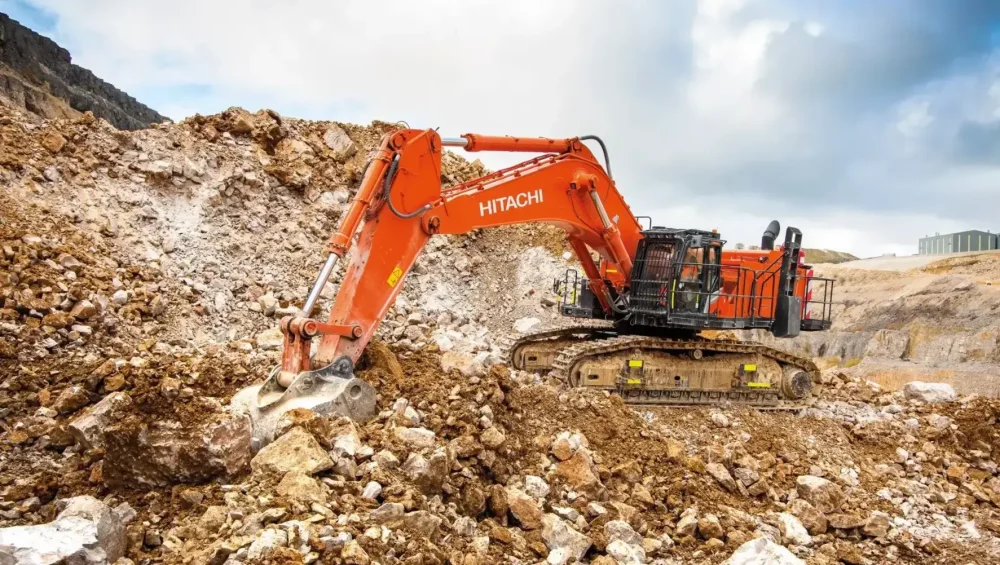![]() Added to Basket
Added to Basket
![]() Added to Basket
Added to Basket
Thursday, September 14, 2023
The use of excavators, and more broadly, any construction activity has an environmental impact. It is an activity that not only consumes a lot of materials but also creates debris and uses energy. As such, there is an increasing expectation that construction projects become more environmentally conscious and minimise their carbon footprint as much as possible.
So, what is the environmental impact of excavators? And how can you ensure that you are minimising your carbon footprint when using these machines?
One of the most significant environmental impacts of excavators is soil erosion. The very purpose of an excavator indicates the collection and removal of large amounts of earth, which in turn can disturb areas of land that may be more susceptible to erosion. For example, the risk of exposure to stormwater can increase, causing the soil to erode, harming aquatic ecosystems and affecting water quality.


It is common for forests and woodland to be cleared to allow for construction activities to take place. This can have a significant impact on wildlife habitats and the biodiversity of the area. If it is necessary to clear forests as part of your excavating, be sure to use sustainable practices, such as selective cutting, and replanting trees where they have been removed.
Construction sites can be a source of noise pollution, which can have negative effects on people and the environment. Prolonged exposure to noise pollution can cause several health issues including high blood pressure, sleep disturbance and stress. It can also threaten the biodiversity of the area.
Here are some ways to reduce noise pollution:
One of the major contributors to a project’s carbon footprint is the air pollution produced via fuel and electricity usage. Excavators typically use diesel engines which emit pollutants such as nitrogen oxides, particulate matter and sulphur dioxide; all of which contribute to air pollution.
As well as fumes from the machines, a significant amount of dust is produced when excavating, which is also a contributor.
Following proper maintenance procedures for your excavators, using cleaner fuels when possible, and taking steps to control emissions and dust during operation. This can include using emissions control devices such as diesel particulate filters (DPFs) or selective catalytic reduction (SCR) systems, which can reduce the number of harmful pollutants that are released into the air.
The environmental impact of operating excavators can be significant, particularly if used extensively or in sensitive environments. Working with your customers and other companies on-site to limit your environmental impact as much as possible is essential in minimising your footprint, protecting your workforce and caring for the environment.